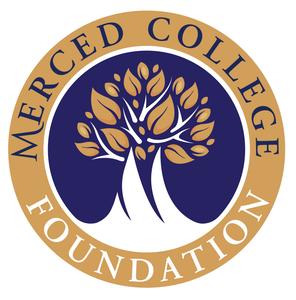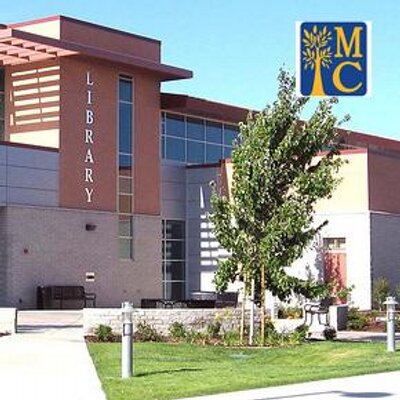The California Community Colleges system is one of the largest and most diverse higher education systems in the United States, comprising 116 colleges that serve over 2.1 million students. At the heart of this system is the
California Community Colleges Chancellor's Office (CCCCO), which plays a vital role in shaping the state's community college landscape. In this article, we will delve into the CCCCCO and explore the contributions of
Merced College, a prominent institution within the system, to the state's educational and economic development.
Introduction to CCCCCO
The CCCCCO is the administrative arm of the California Community Colleges system, responsible for overseeing the state's community colleges and providing support to ensure their success. The office is headed by a chancellor who is appointed by the Board of Governors, the governing body of the California Community Colleges. The CCCCCO's primary goal is to provide high-quality educational opportunities to students, while also addressing the state's workforce and economic development needs.
Merced College: A Shining Example
Located in the heart of California's San Joaquin Valley, Merced College is a leading community college that has been serving the region for over 50 years. With a diverse student body of over 14,000 students, Merced College offers a wide range of academic programs, including associate degrees, certificates, and transfer programs to four-year universities. The college is committed to providing innovative and accessible education, with a focus on student success and community engagement.
CCCCCO's Initiatives and Merced College's Participation
The CCCCCO has launched several initiatives aimed at improving student outcomes, increasing access to higher education, and addressing the state's workforce needs. Some of these initiatives include:
California College Promise Grant: A program that provides free tuition to first-time, full-time students.
Associate Degree for Transfer (ADT): A program that guarantees transfer to a California State University (CSU) or University of California (UC) campus for students who complete an ADT degree.
Workforce Development: An initiative that provides training and resources to address the state's workforce needs.
Merced College has actively participated in these initiatives, offering programs and services that align with the CCCCCO's goals. For example, the college has implemented the California College Promise Grant, providing free tuition to eligible students. Additionally, Merced College offers several ADT degrees, ensuring that students have a smooth transfer process to four-year universities.
In conclusion, the CCCCCO plays a vital role in shaping the California Community Colleges system, and Merced College is an exemplary institution that embodies the system's mission and values. By working together, the CCCCCO and Merced College are providing high-quality educational opportunities to students, addressing the state's workforce needs, and contributing to the region's economic development. As the state's community college system continues to evolve, it is essential to recognize the importance of collaboration and innovation in ensuring student success and driving economic growth.
For more information about the CCCCCO and Merced College, visit their websites at CCCCCO and Merced College. Join the conversation on social media using the hashtags #CaliforniaCommunityColleges #MercedCollege #CCCCO.








